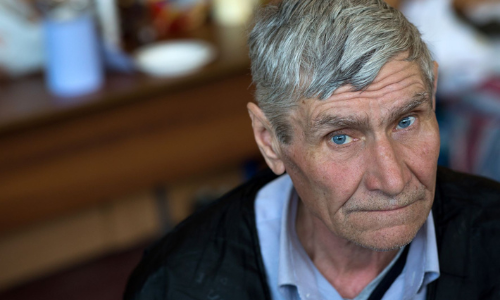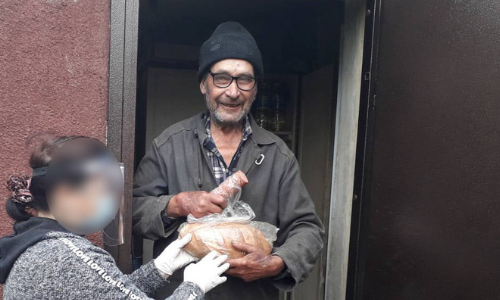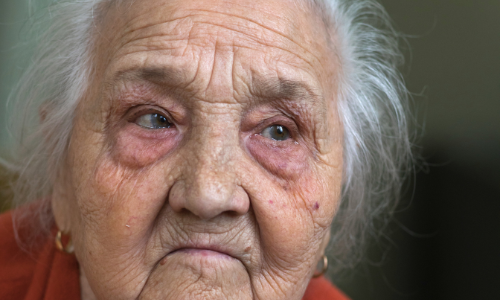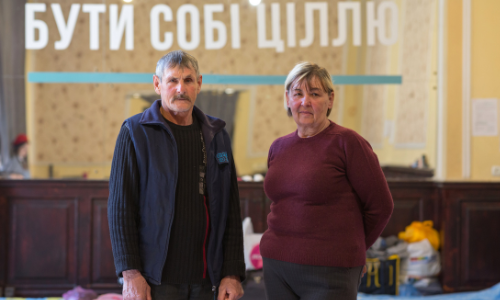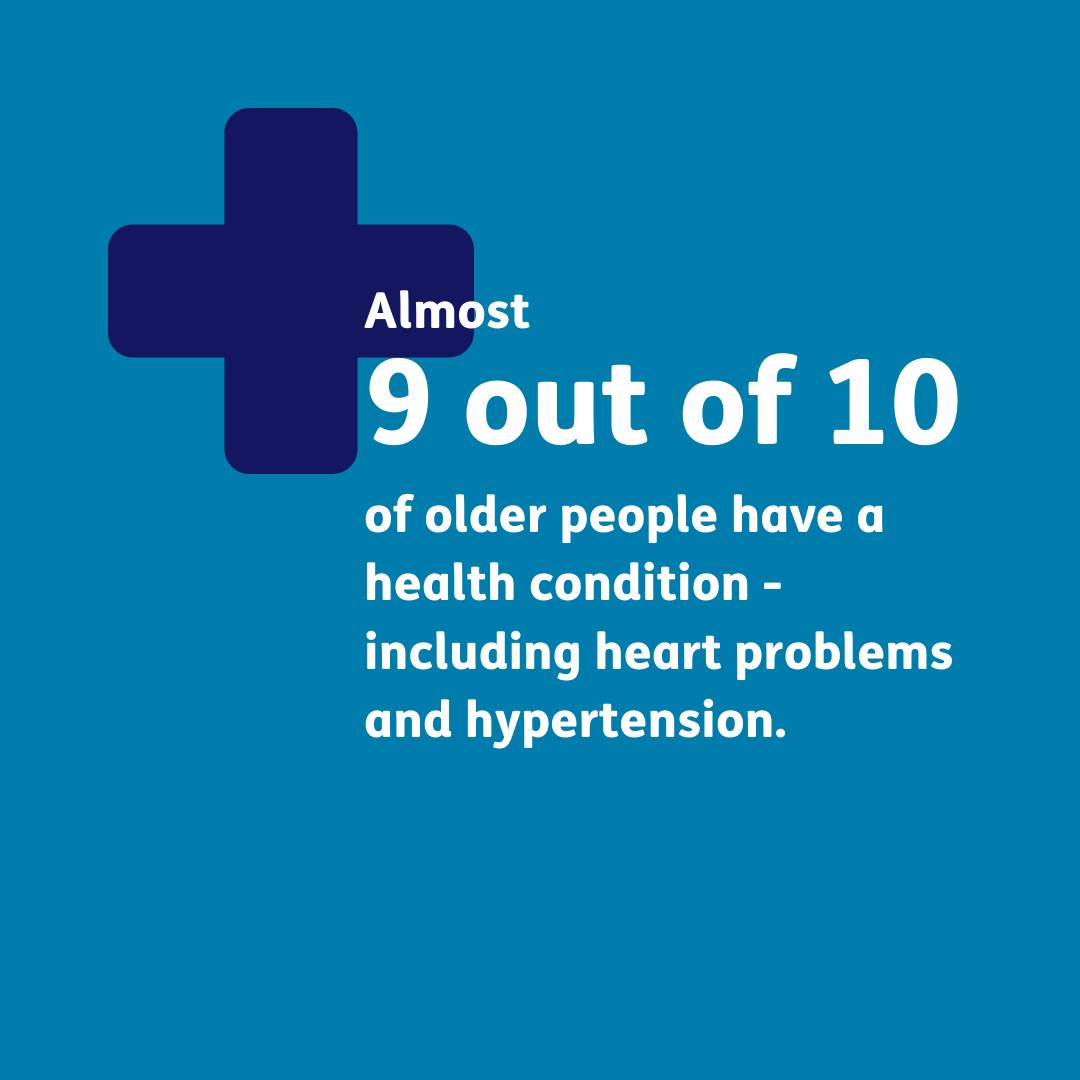
100 Days on: Ukraine is the world’s oldest humanitarian crisis – yet millions of older people lack support

Published on 03 June 2022 12:00 AM
Millions of older people caught up in the war in Ukraine are being overlooked in the humanitarian response, despite making up a quarter of the country’s population, our partner HelpAge International warned today.
A new survey from HelpAge International in western and central Ukraine offers an insight into the challenges and specific needs of people over 60 who have been displaced from their homes by the conflict. Tomorrow marks 100 days since the start of the full-scale war in Ukraine.
The survey reveals:

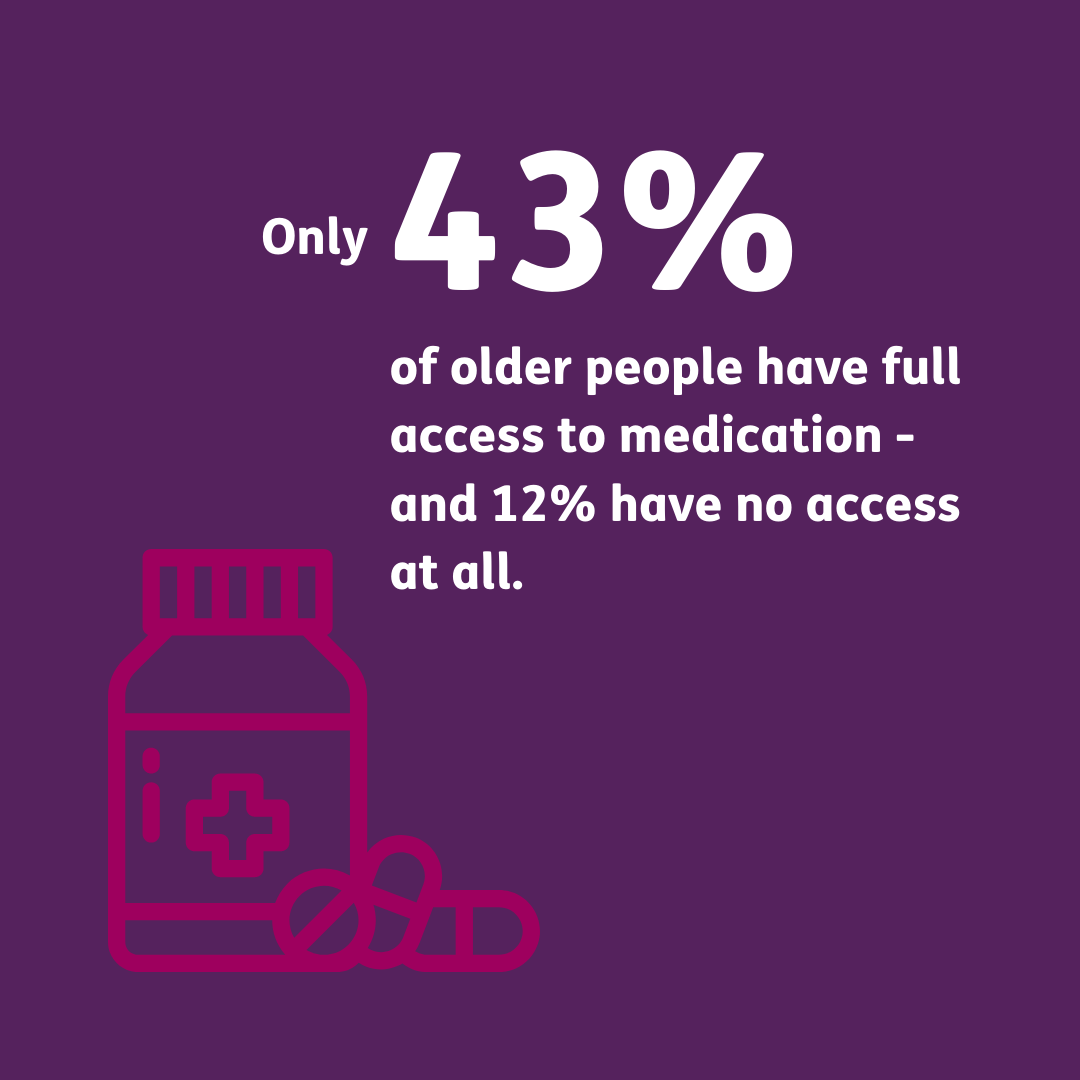
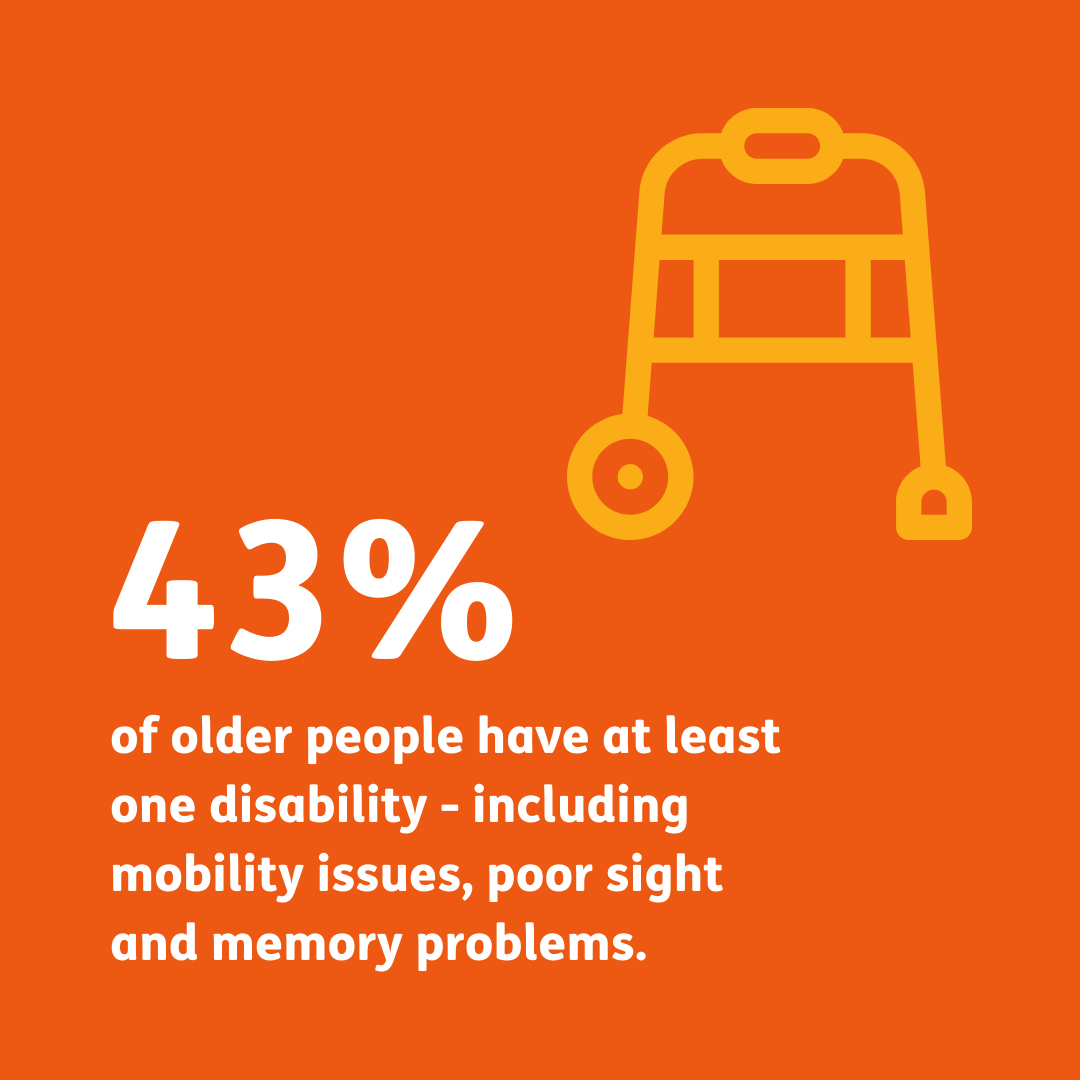
The survey found that the most urgent need was for cash which gives older people the freedom to access what they need most, followed by medicine, healthcare and hygiene items.
Across the country, many older people remain within their homes, often in areas of intense fighting. They need access to shelter, food, water, medicines, emotional support and to access their pensions, even though these fall short in covering their basic needs.
Age International, through our partner HelpAge International, has been working in Ukraine since 2014 and we have been able to escalate our response thanks to generous donations to the DEC Ukraine Humanitarian Appeal. Our network of volunteers continues to provide emotional support to people isolated in their homes in eastern Ukraine and have helped with distributing food and hygiene items. We are also setting up programmes to support older people who have been uprooted from their homes by the conflict or are living in care homes.
Stories from older people affected by the conflict in Ukraine
Older people are among the more than 8 million who have been displaced from their homes and the 6.6 million refugees and require specific support for the long journeys, navigating new areas and accessing services they need.
It is widely recognised that older people have specific needs that must be addressed as part of an inclusive and effective humanitarian response. But they are rarely prioritised.
Even before the escalation of the war in February, a third of all people in Ukraine affected since it began in 2014 were over-60. And while there are many older people who are doing so much to help others, action to address the needs of others must be ramped up.
No Time for Business as Usual
In a new advocacy brief, 'No Time for Business as Usual', HelpAge International outlines how a humanitarian response without the needs of older people being front-and-centre is unacceptable. It praises the working groups set up to support older people and those with disabilities in Ukraine but describes how the lack of good data on older people, disabilities and gender, gaps in leadership and a lack of commitment to prioritise older people means that efforts to support them are hampered.
HelpAge International's advocacy brief calls for humanitarian organisations and UN bodies to prioritise older people in their response and for hosting countries to ensure older people’s rights are upheld. Donor organisations and governments must also prioritise the needs of older people and make funding available to ensure an inclusive response to the crisis.
"The level of trauma and need that so many older people have is beyond belief, particularly among those who have already endured eight years of war in the east of the country.
“As we approach 100 days of full-scale war, it’s time the global community acknowledged the horrors and the challenges of the older generation and stopped putting them at the back of the queue.”
Ukraine Humanitarian Appeal
Age International has been working in Ukraine since 2014, and uniquely positioned to deliver a widescale emergency response to the crisis. We're delivering aid to older people and those who need it the most inside Ukraine and to those who have been able to flee to neighbouring countries.
Ukraine Humanitarian Appeal
Age International has been working in Ukraine since 2014, and uniquely positioned to deliver a widescale emergency response to the crisis. We're delivering aid to older people and those who need it the most inside Ukraine and to those who have been able to flee to neighbouring countries.

